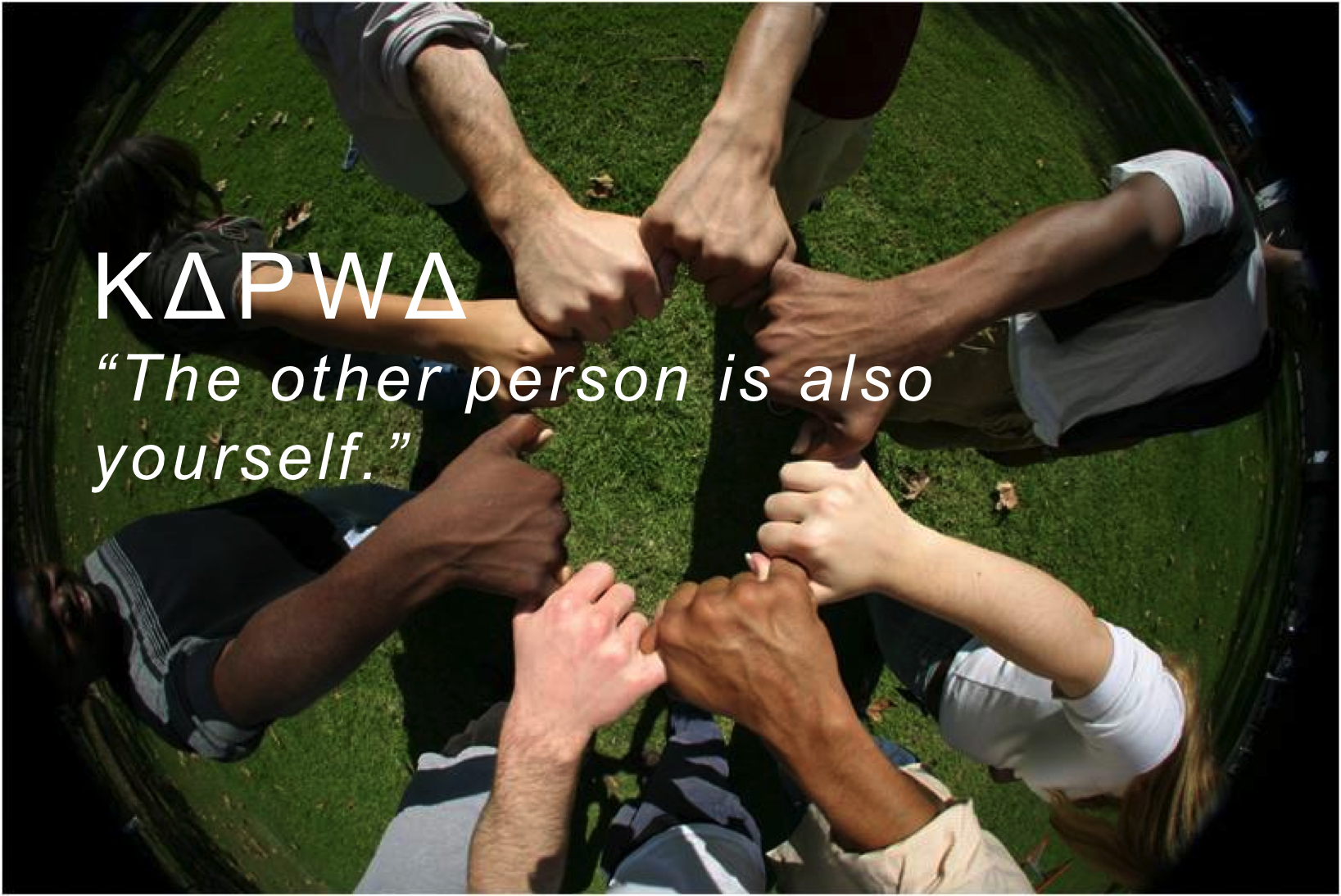Public Lecture&Book Donation Ceremony | A Heritage of Well-Being: The Connectivity of the Filipino

Public Lecture&Book Donation Ceremony | A Heritage of Well-Being: The Connectivity of the Filipino
24
Sep
Filipino ethnicity is essentially one with the culture of communal sharing. In general, Filipinos value relationships and family more than power and wealth. The core of Filipino psychology, a sense of kapwa is humaneness at the highest level. ..
DATE & TIME
24 September 2014, 18:30 – 20:00
VENUE
Speakers Hall, University of Saint Joseph, Rua de Londres 16, Macau, China
MODERATOR
ABOUT THE SPEAKER
Felipe M. De Leon, Jr. is Chairman and Commissioner for the Arts of the National Commission for Culture and the Arts and the Chairman of its Committee on Intangible Heritage. He is Professor of Art Studies at the University of the Philippines where he taught humanities, aesthetics, music theory, and Philippine art and culture. Mr. De Leon was Commissioner for the Philippines of the United Nations Educational, Scientific and Cultural Organization (UNESCO) from 1999 to 2002, and Chairman of the UNESCO Committee on Culture in 2002. He has written numerous articles on cultural issues, especially on cultural creativity and diversity, worldviews and values, and culture and development. He was the main author of the ASEAN Declaration for Cultural Heritage.
ABOUT THE TALK
If culture is essentially the way we perceive the world, the values arising from this perception, and the way we express these values as well as the skills they necessitate, then we may encounter at least five different cultures in any society. Two of these cultures ultimately arise from a deeply ingrained sense of alienation, insecurity and fear. One is the culture of power, which is focused on the accumulation, exercise and control of power. The other is the culture of wealth, which is preoccupied with the acquisition of material wealth, possessions and the trappings of comfort and privilege. Two other cultures are trust-based, one is the culture of communal sharing, which is devoted to the search for wisdom, self-control, strength of character, creativity, loving kindness and togetherness. A fourth one is the culture of simple needs, where people are mainly concerned with satisfying basic needs and leading a practical, everyday life.
But through time a society constructs a unifying vision of life, which includes an object of devotion and a map of reality. From this arises a fifth culture which is the core culture of any society, this is the culture of ethnicity (or culture a creative social construct). Ethnicity is the unique totality of the world view and values, core principles and ideas, beliefs systems, knowledge, skills and practices, shared by a society – what we call its cultural identity (or ethnicity) of a people.
The ethnicity of a people may be closer to one or the other of the four above-mentioned cultural constants of any society, those concerned with power, wealth, communal sharing, and simple needs. Filipino ethnicity is essentially one with the culture of communal sharing. In general, Filipinos value relationships and family more than power and wealth. The philosophical basis of this valuing is the concept of kapwa, which means “the other person is also yourself”. The core of Filipino psychology, a sense of kapwa is humaneness at the highest level. In principle, it excludes any action that may be detrimental or harmful to other human beings. It is definitely inconsistent with exploitative human transactions. It implies a unique moral obligation to treat one another as equal fellow human beings. In essence, it is a non-confrontational, mystical, highly spiritual belief in the interconnected of all things that could be the basis of strong social cooperation, harmony, and well-being that is the fundamental basis of a nation’s progress.
The disruptive forces and self-serving interests of the elites addicted to the cultures of power and wealth, however, have always prevented any real social progress from being achieved. This is the legacy of Spanish and American colonial rule. The colonial powers had effectively created a powerful few with whom they could easily collaborate to plunder and control the Philippines’ natural and human resources. At present, studies have shown that just forty families control 76 percent of the nation’s wealth. The Philippines is said to have a soft state because of self-serving elite intervention and manipulation. As a result, the culture of the bureaucracy is more attuned to the needs and values of the elite than to that of the vast majority of Filipinos.
A large-scale transformation of values inculcating the philosophy of kapwa has to be instituted through the educational system and the media. This may conscienticize the elite to make them agree to measures for a more equitable distribution of wealth and sharing of power and move away from oligarchy. In the long term, improving the educational system can strengthen the middle class and pave the way for a more democratic society. Passing legislative measures so that the economic elite will bear the greater burden of taxation and reduce their monopoly on wealth may also place Philippine developmental goals on a firmer footing.
Organised by USJ Faculty of Humanities & Philippine Consulate General, Macau SAR![]()









